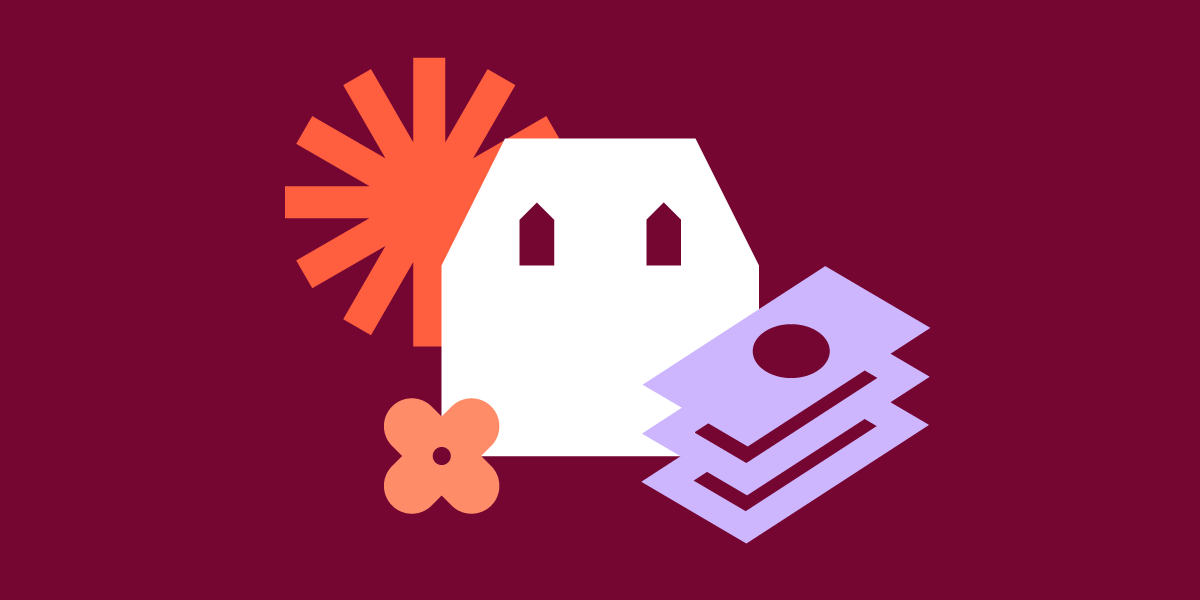When deciding if you’re ready to sell, one question tends to come up more than any other: How much is my home worth? From understanding how your home has changed since you bought it to doing a comparative market analysis, knowing how much your home is worth will help you set the right price—and get the right buyer.
How to answer the question, “How much is my home worth?”
-
Find a great real estate agent.
Seller’s agents are pros at this. “How much is my home worth?” is often the first question they get from potential sellers. Hire a real estate agent who is familiar with your neighborhood. Trulia can help you connect with trustworthy agents who will work hard for you through their Premier Agents resource. You can request to be connected with a Premier Agent on any property listing. These agents meet Trulia’s high standard for quality service, so you know you’ll have a great home buying experience with their personal support.
Interview several agents to ensure you’ve found a good fit for you, your home, and your neighborhood. They can help you through each of the steps below.
-
Check out other homes like yours.
Your home’s worth is based on your local housing market. You can start to understand yours by browsing current housing prices. If you search your target city or neighborhood in Trulia, you’ll find a few indications of current local prices that can help you decide when to buy a house:
- On each home listing, you’ll find the price of that house, as well as home estimates for neighboring houses.
- In many neighborhoods, you can find the typical price ranges of homes, as well as other helpful info.
- Check out the Price Trends info on every Trulia listing to see the average price of new and resale home based on current data.
-
Compare today’s prices with sales over time.
Past sales trends will help you understand how strong the market is your area right now. If houses are way more expensive now than they were three years ago, your market might be really strong—which could mean your home’s value has gone up, too.
You can find market trends on Trulia for a particular city going back five years.
-
Figure out local housing supply.
Housing supply is another indicator of your local market’s strength. The number of months of supply a market has lets you know how soon all the houses for sale would be gone if no new ones came on the market.
Here’s how to find it:
- Find the number of active listings in a specific area.
- Divide it by the number of pending transactions in the same area.
- Multiply the result by 60 (days).
- The number you come up with is the days of inventory for that specific area.
In a balanced market—one in which you won’t have to battle over every listing—there’s usually about a six-month housing supply. When you find a real estate agent, they can help you find the number of active and pending listings for an area.
-
Get a comparative market analysis.
Speaking of that real estate agent, they’re going to come in handy when determining how much your house is worth. They can do a comparative market analysis for you, which is a valuable tool.
The comparative market analysis (also called a CMA) is a report that reviews key pieces of data related to a property to estimate its value in current market conditions. For example, if you own a three-bedroom ranch, you might look at the sale prices of other three-bedroom ranches in your neighborhood and the immediate vicinity, but also take into account any home improvements, the age of the home, the quality of the local district, and so on.
Here’s what it includes:
- Square footage, location, number of rooms, size lot, age, and any unique selling points or unusual features of a specific property
- Active listings on the Multiple Listing Service, or MLS
- Data on sold listings on what buyers actually paid for properties recently (as opposed to what sellers are hoping to get)
- Expired or removed listings, which can indicate the ceiling for prices in a particular area
This helps you understand the difference between all of those asking prices you’ve seen on active listings, and what properties are really going for in your area.
-
Consider your home improvements.
Also take into consideration upgrades you’ve made to the home and its features. While you probably won’t get 100% return on your investment for renovations, they’ll likely affect how much your house is worth. The National Association of Realtors tracks average return on investment for certain home improvements, so they can be a great source for determining how much your home is worth after you’ve done them.
Here’s one thing to keep in mind though: your home improvements only return as much value as your neighborhood will allow. That is, if you turn your home into a palace among bungalows, it won’t be worth as much as the exact same home in a neighborhood full of other palaces. So if your new marble staircase is the only one on the block, it won’t add as much value as it might somewhere else.
If answering the question, “How much is my home worth?” on your own sounds like a lot of work, no worries. Here’s how to find a real estate agent to help you sell your home.



